Anti-UV additives are chemical compounds added to plastics to protect them from the harmful effects of ultraviolet (UV) radiation from sunlight. UV radiation can degrade plastic materials, causing them to become brittle, discolored, and lose their mechanical properties
Exposure to ultraviolet (UV) radiation from sunlight can cause damage to plastics, including degradation, discoloration, and loss of mechanical properties. These effects can be particularly problematic for outdoor applications, such as automotive parts, construction materials, and agricultural films.
An anti-UV additive is used to protect plastic materials from UV radiation. These additives work by absorbing or scattering the UV rays, preventing them from penetrating the plastic and causing damage. Anti-UV additives can be added to plastics during the production process, or they can be applied as a coating to the surface of the material.
Types of Anti-UV Additives
There are two main types of anti-UV additives:
- Organic UV absorbers: These compounds absorb UV radiation and dissipate the energy as heat. They are effective in protecting plastics from UV damage, but they can degrade over time, especially at high temperatures.
- Inorganic UV absorbers: These compounds reflect UV radiation and are more stable than organic UV absorbers. However, they can be less effective at absorbing UV radiation.
In conclusion, anti-UV Additive is a crucial additive for protecting plastic products from the harmful effects of UV radiation. By incorporating this innovative solution, manufacturers can ensure the longevity, durability, and aesthetic appeal of their products.
To learn more about how anti-UV Additive can benefit your specific needs, please contact Vico Plastic today.
Liên hệ ngay với Công ty TNHH Nhựa Vico để có thêm thông tin về sản phẩm
VICO PLASTIC VIETNAM CO., LTD
Truong An Industrial Zone, An Khanh, Hoai duc, Hanoi, Vietnam

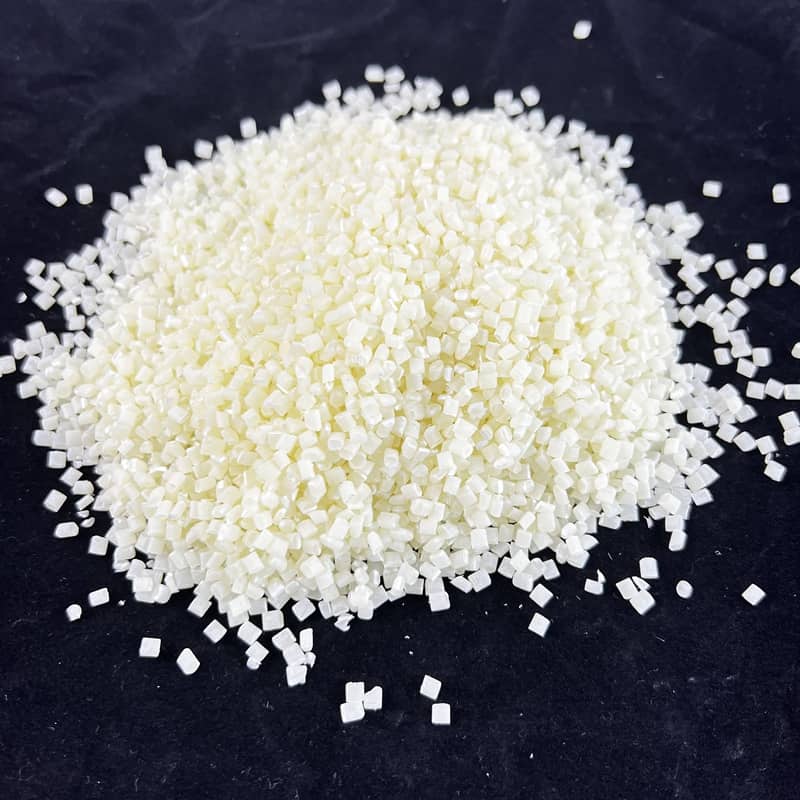
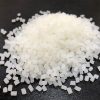
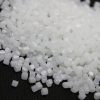
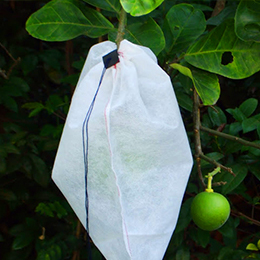
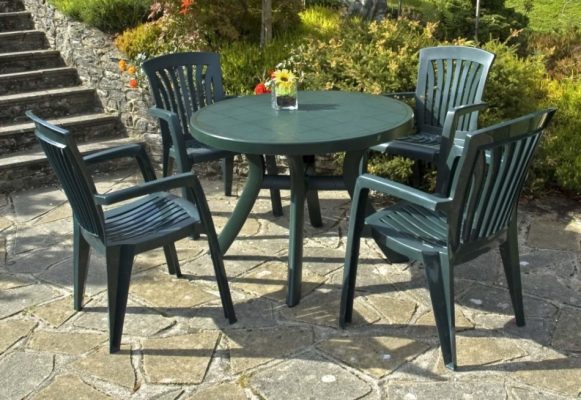
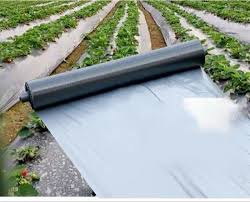


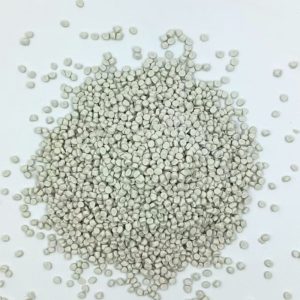
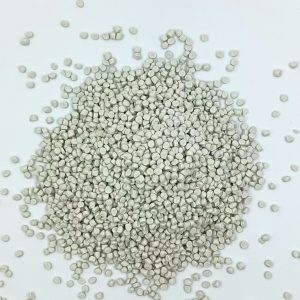
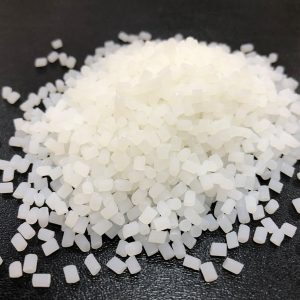
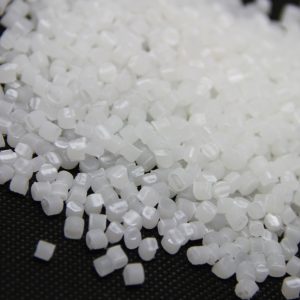
Reviews
There are no reviews yet.